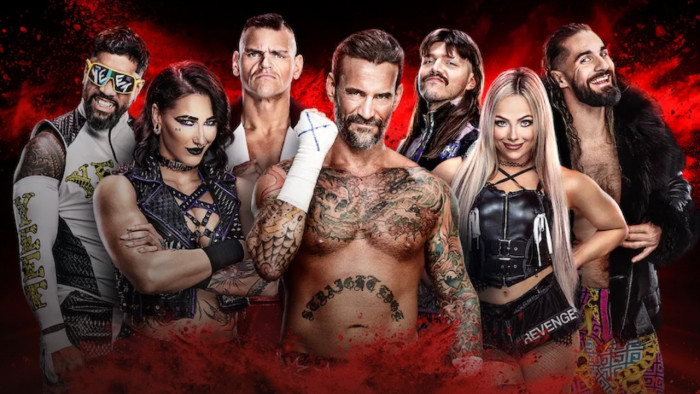Tyson Fury should be on the BBC Sports Personality list whether you like it or not
Because unfortunately it's actually not actually a personality contest...


At the time of writing, Tyson Fury, the 6ft 9” heavyweight champion of the world, has caused so much controversy that 131,465 people have signed a petition asking the BBC to remove him from the shortlist on account of his hideous opinions. Online petitions are melodramatic, self-satisfied things at the best of times, sparking easy outrage and giving journalists fake ‘news’. But this particular petition is a little different: misguided in the extreme, it conflates a man’s opinions with his ability as a sportsman.
Tyson Fury obviously harbours some horrible opinions. He thinks “a woman’s best place is in the kitchen and on her back”; he thinks that the legalisation of homosexuality is one of the signs that Armageddon is coming; and he has spoken of wanting to hang his sister if she were to sleep with numerous men. Again: Tyson Fury has some horrible opinions. But should he be struck from the shortlist for the BBC Sports Personality of the Year? No. Absolutely not.
Why? Because he’s very good at sport.

131,465 people are wrong. It doesn’t matter how astonishingly offensive Fury happens to be; he will still be one of the greatest boxers on the planet on the day he attends the ceremony. His comments do not make him any less of a sportsman. This is an awkward truth but one that people have to be adult enough to accept.
It’s pretty simple: the BBC’s award for ‘Sports Personality’ has absolutely nothing to do with personality. In handing over the award, the BBC are not saying, “We approve of this person’s personality. Hang out with this guy, everyone – have you seen his personality? What a top-notch personality.” Instead they are saying, “This person is good at sport. We are going to award this person for being good at sport.” The winner of the award is simply the sportsperson deemed to have achieved the most that year. It’s not complicated.
The petition’s signatories object to Fury’s shortlisting on the grounds that, were he to win, he would become a terrible role model for aspiring athletes. Terrible role models abound in this world: there are superb actors, singers and models with a multitude of God-awful opinions on sensitive subjects. They do not need to be muzzled; children can be exposed to them as well as to people who disagree with them.

In 2003 Lance Armstrong, another truly unpleasant character, was awarded the ‘BBC Overseas Sports Personality of the Year’. He has since been stripped of the title not for being a nasty person but because he was found guilty of doping and therefore of being a bad sportsman. That is how it should work.
If you were to argue that the world would be better off without the BBC Sports Personality of the Year award, I would entirely agree with and then high-five you. But, let’s face it, that’s not going to happen. But the event, which I’d argue is as wet and uninspiring as a flannel, should at least be renamed – to minimise the confusion that people understandably feel. Let’s call a spade a spade – it ought to be called ‘BBC Sportsperson of the Year’. It cannot possibly be an award for scintillating personality because Damon Hill has won it twice, and the other year we gave it to Andy Murray.

The alternative to a re-brand is that the ceremony really does start awarding sportspeople for their personality. This would involve making a judgment on their character, which might be a little strange. But at least it would encourage athletes to consider – albeit in a self-interested way – the ramifications of their public statements. It would incentivise good and generous behaviour and would reward sportspeople for being charismatic – not the job of an athlete, perhaps, but a noble gesture.
Tyson Fury obviously has horrible opinions. But standing up for him does not involve standing up for his awful and insane beliefs. Arguing that he should be recognised for his contribution to sport is not a moral position. Some outstanding athletes are bad people. If we want to continue celebrating physical ability in public ceremonies, this is an inconvenient truth we are going to have to live with.
Latest
Related Reviews and Shortlists









